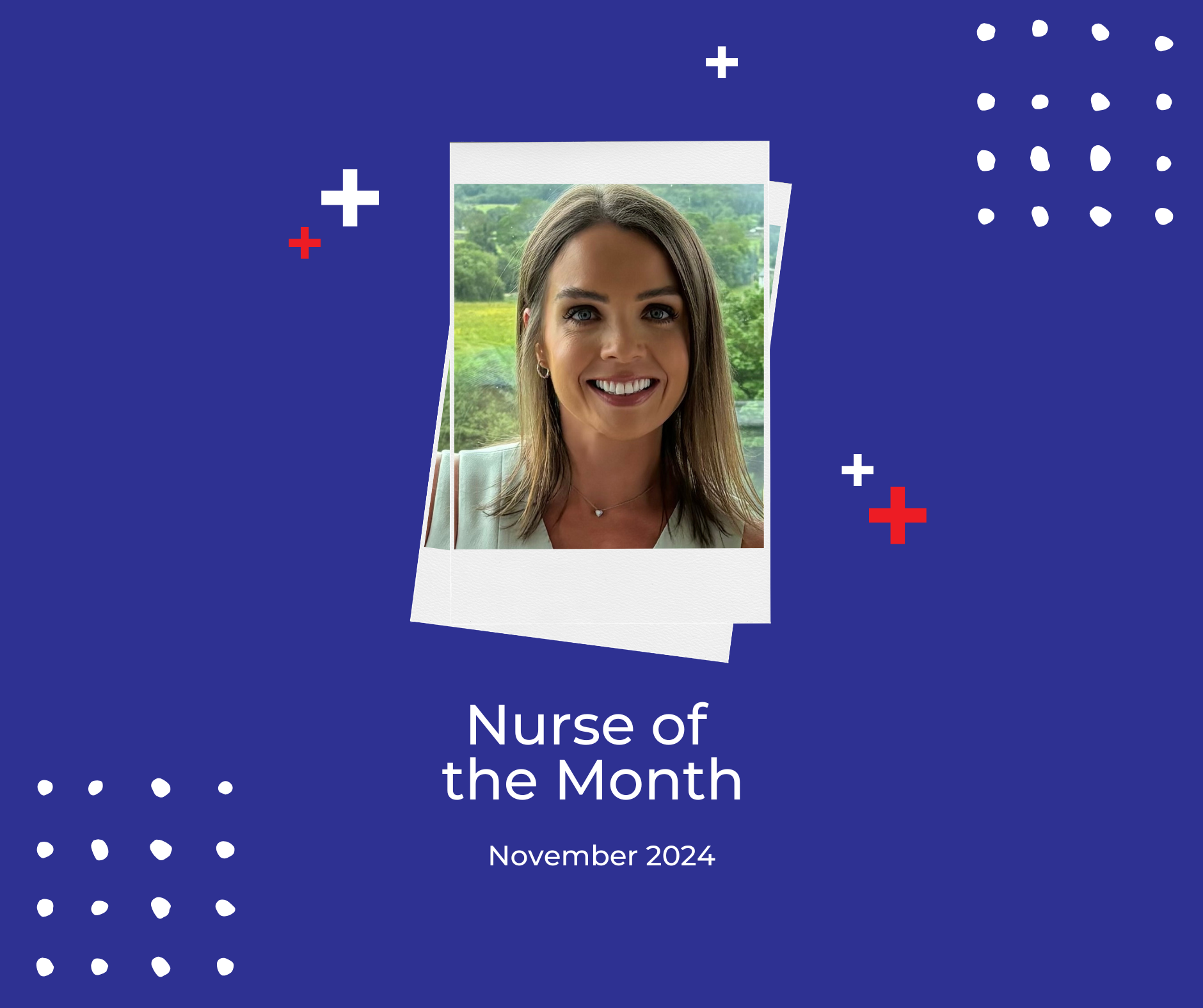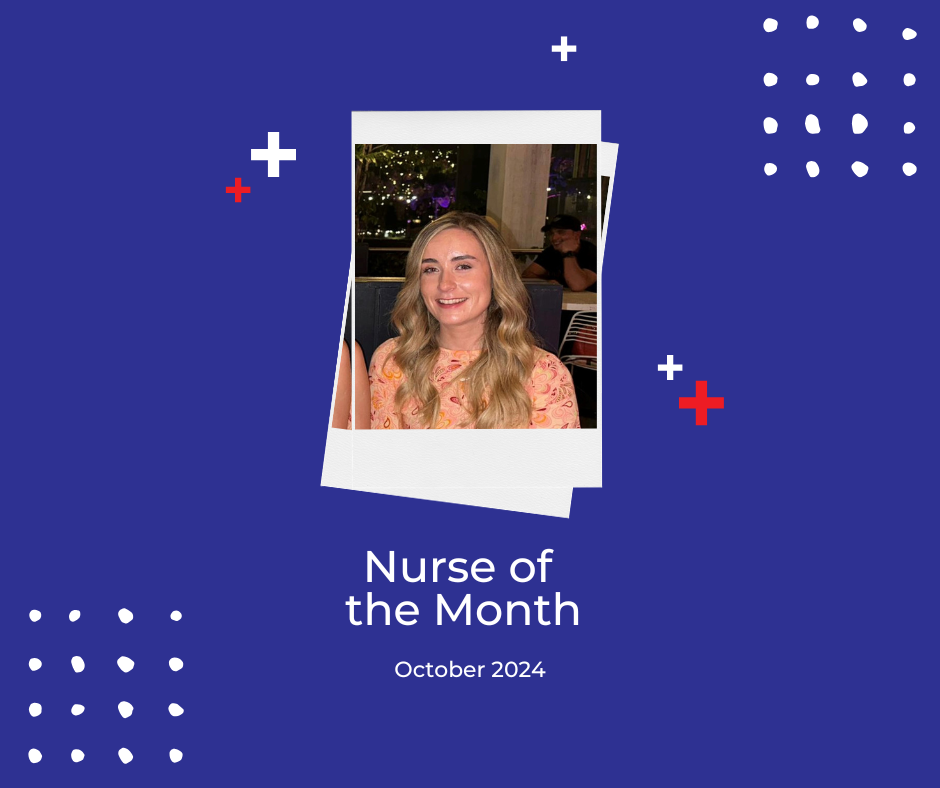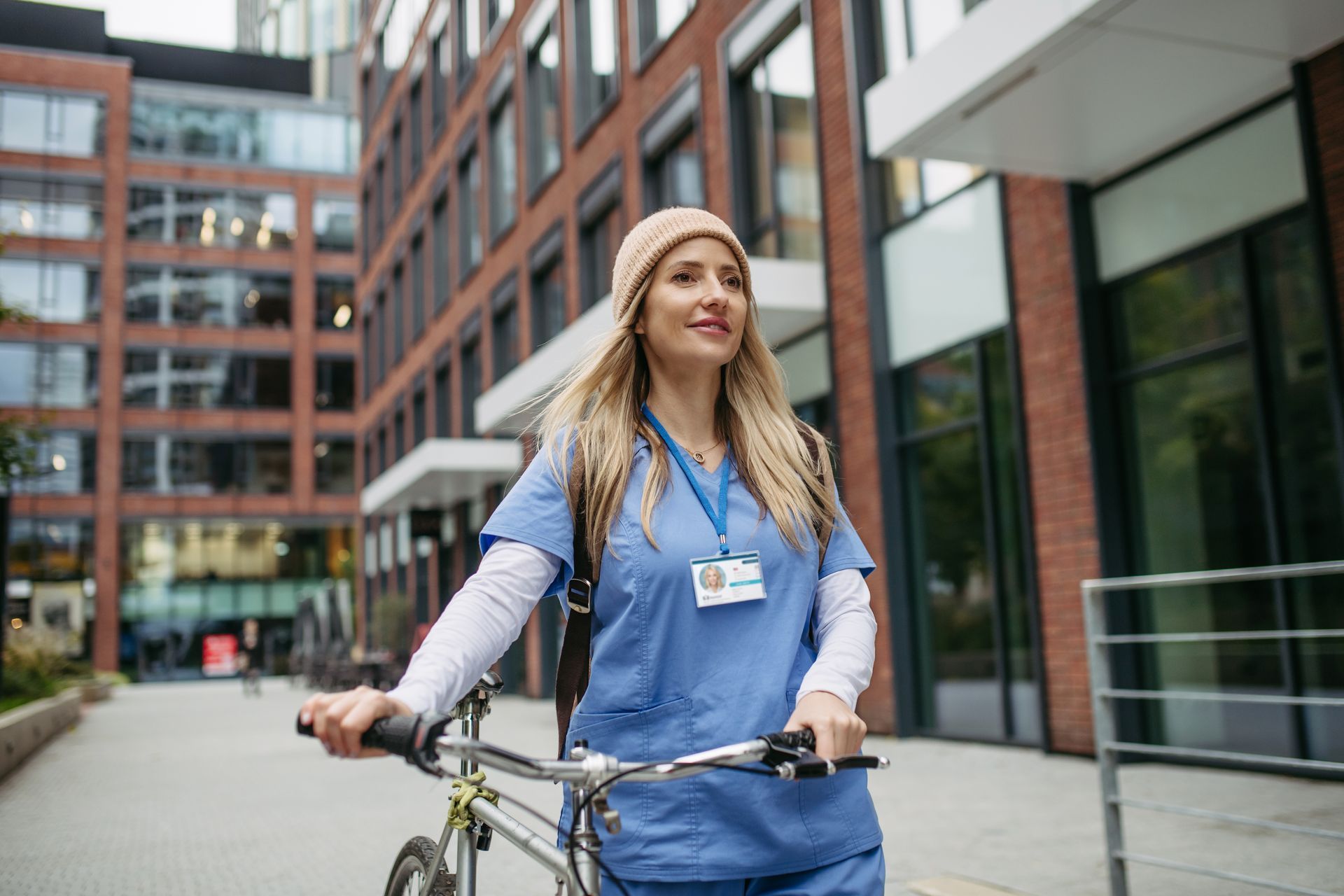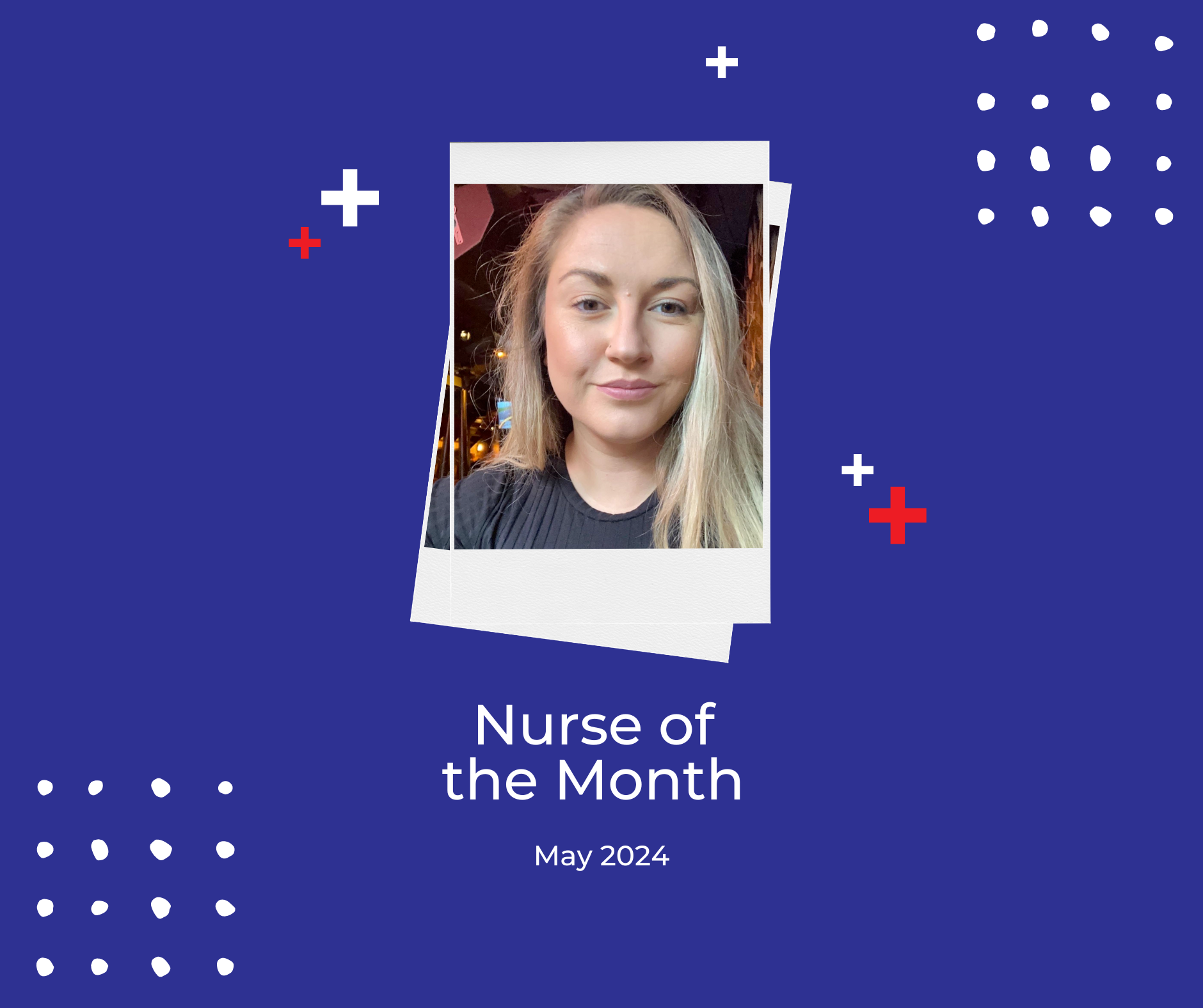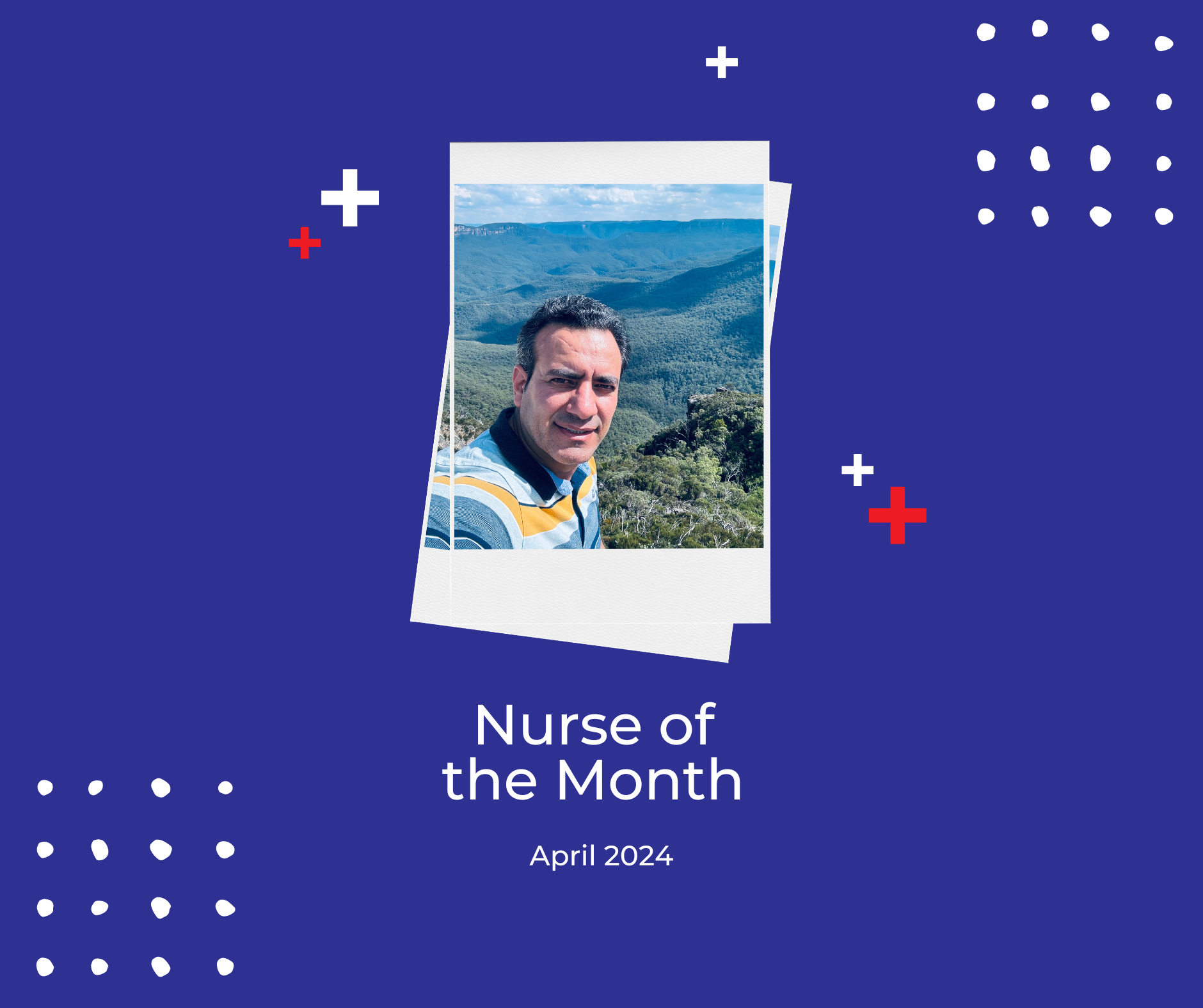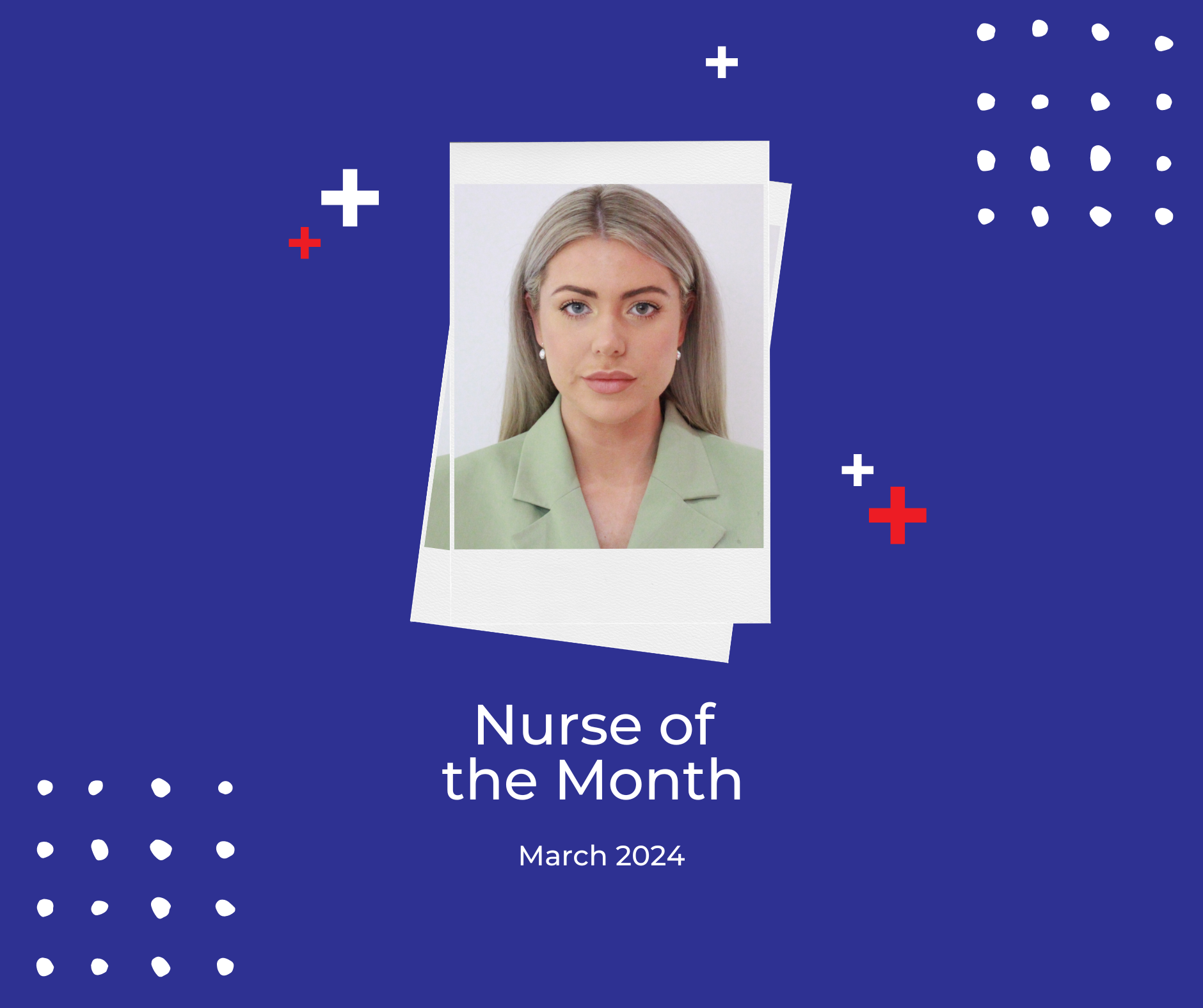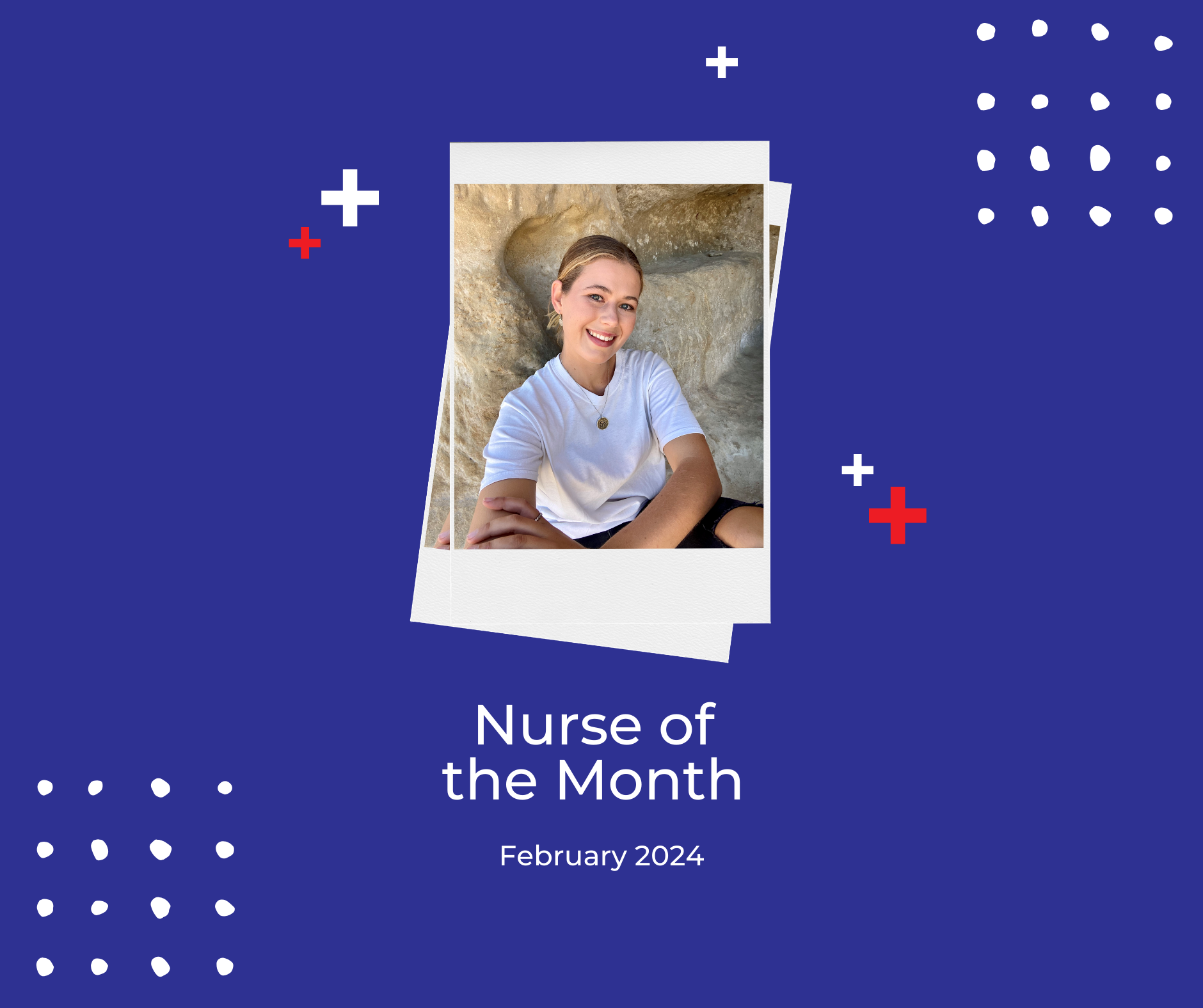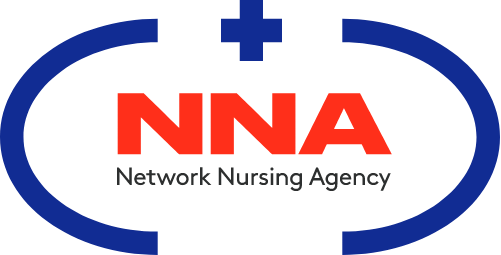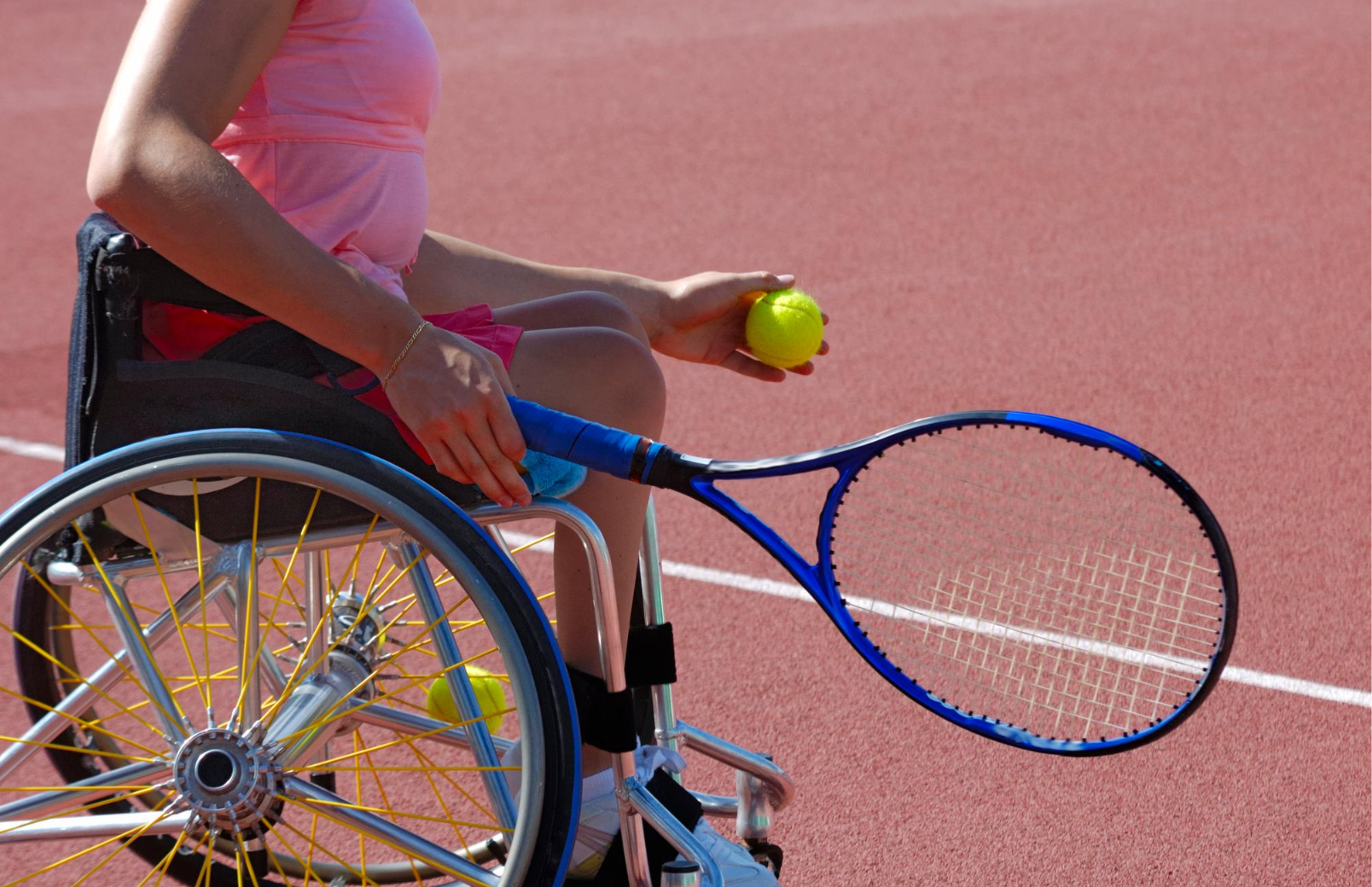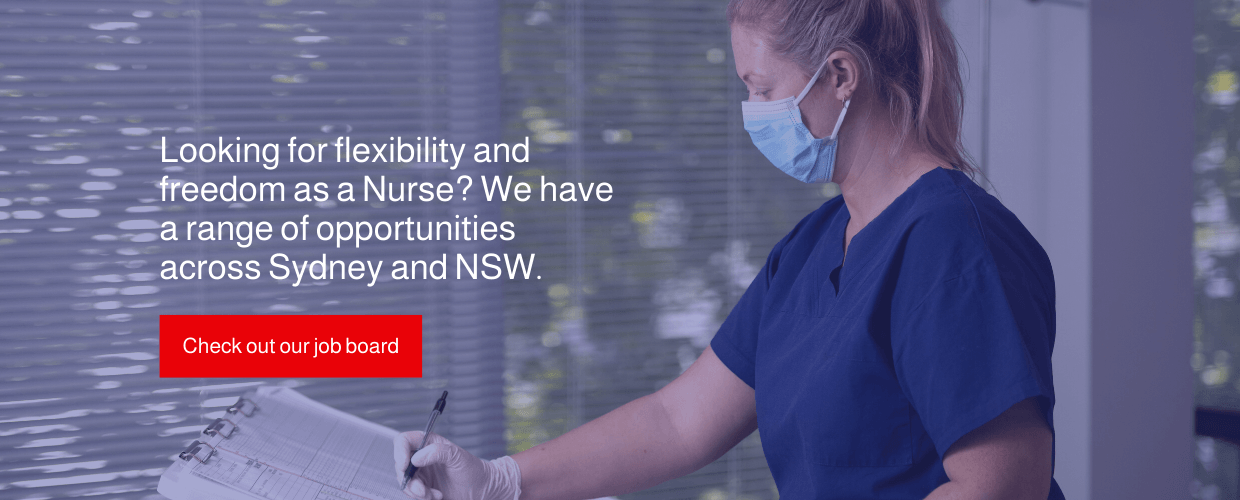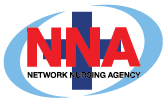Serving up change: People with disabilities are not sick, it's time we listened
In June 2020 the US Tennis Open cancelled the wheelchair event at the New York Grand Slam without consulting the wheelchair athletes who were set to compete, citing player health as the reason. The decision was reversed a mere 5 days later, after US Open organisers were rightfully slammed by wheelchair athletes, including world number one tennis champ Dylan Alcott who highlighted via Twitter that wheelchair athletes are not sick and therefore not at any higher risk of contracting Covid-19 than an able-bodied athlete. Alcott called out a common and harmful assumption held by the able-bodied community, that disabled people are sick and must be protected, under this assumption, the freedom of choice is taken away.
As the discrimination by the US Open illustrates, considering people with disabilities as 'sick' is a social stigma which needs to be shed to continue to build inclusive communities. Alcott hit back at the US Open organisers in his tweets, underscoring that he is ‘fitter and healthier than nearly everybody reading this right now’ and he, like everyone, has the right to choose what he does with his body.
Elite athletes provide high exposure examples of discriminatory behaviour and trigger important conversations, but it’s also helpful to consider that disability is not just one person or one definition, it’s a spectrum stretching broadly from an individual requiring very little if any specialist health care support to an individual requiring full-time in-home support.
In between the two ends of this range are individuals who may require a mix of in-home and specialist health care services. Different points in one's life will demand different degrees of specialist health care - whether they have a disability or not. The crucial take-home lesson from the US Open debacle is to listen, and allow people to self-direct the care required - however it may look for each person. The NDIS era signalled robust change, and pathways to empower individuals, and everyone from corporate sporting empires to grassroots organisations are responsible to support and enable the process and shake off the falsehood that disability is an illness.
When he accepted the prestigious Don Award in 2018 wheelchair marathon legend Kurt Fearnley referenced a long-held hope in the Paralympic community;
NNA Direct Support disability support service acknowledges and respects individual difference. Under the umbrella of a nursing agency NNA understands that while available, specialist health care services may not always be required, which is ok, because what is most important is that the services reflect and adequately respond to needs and are there when they are needed most.
To learn more about NNA Direct Support and the supports we offer, head over to https://www.nursing-agency.com.au/NNA-at-home.
